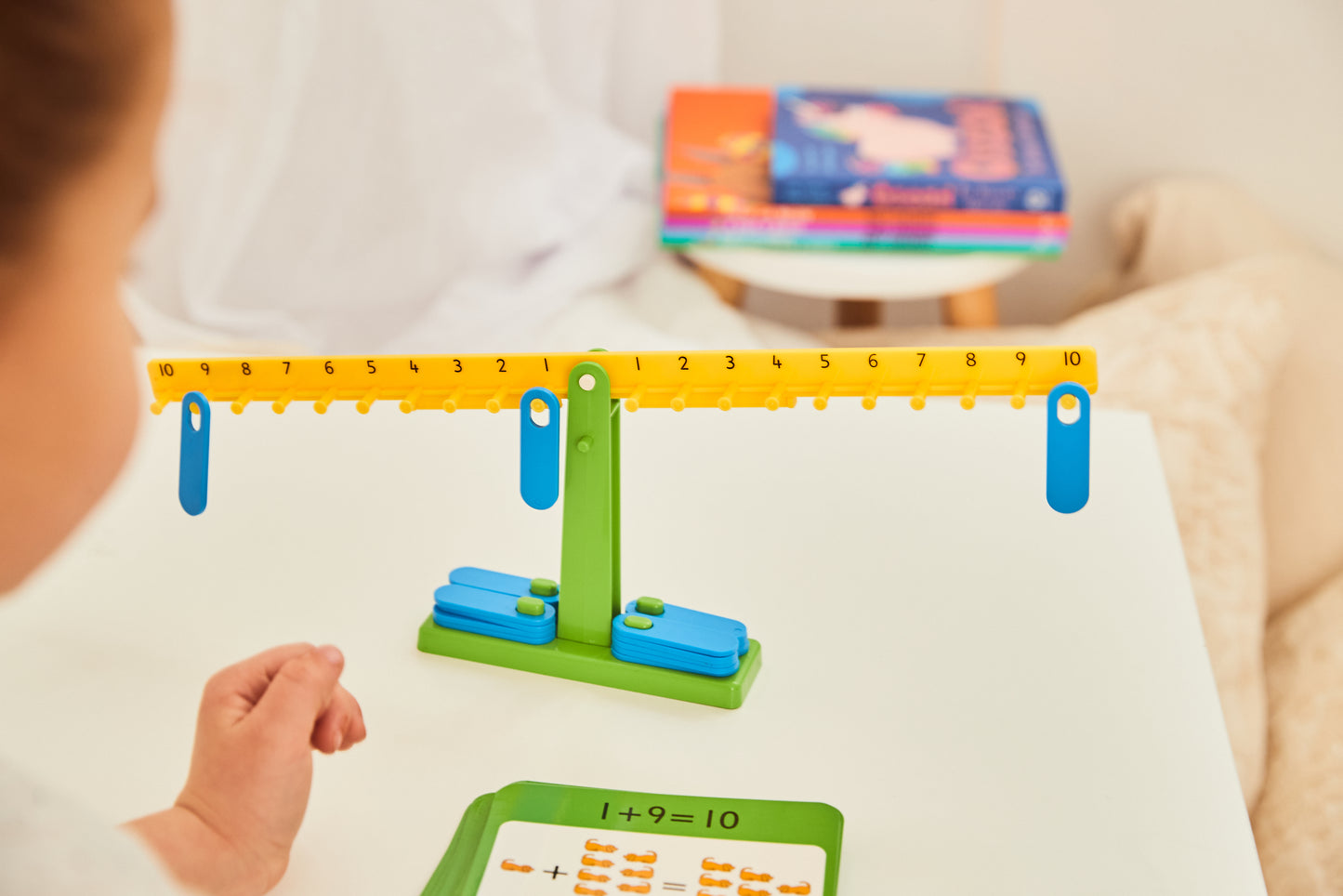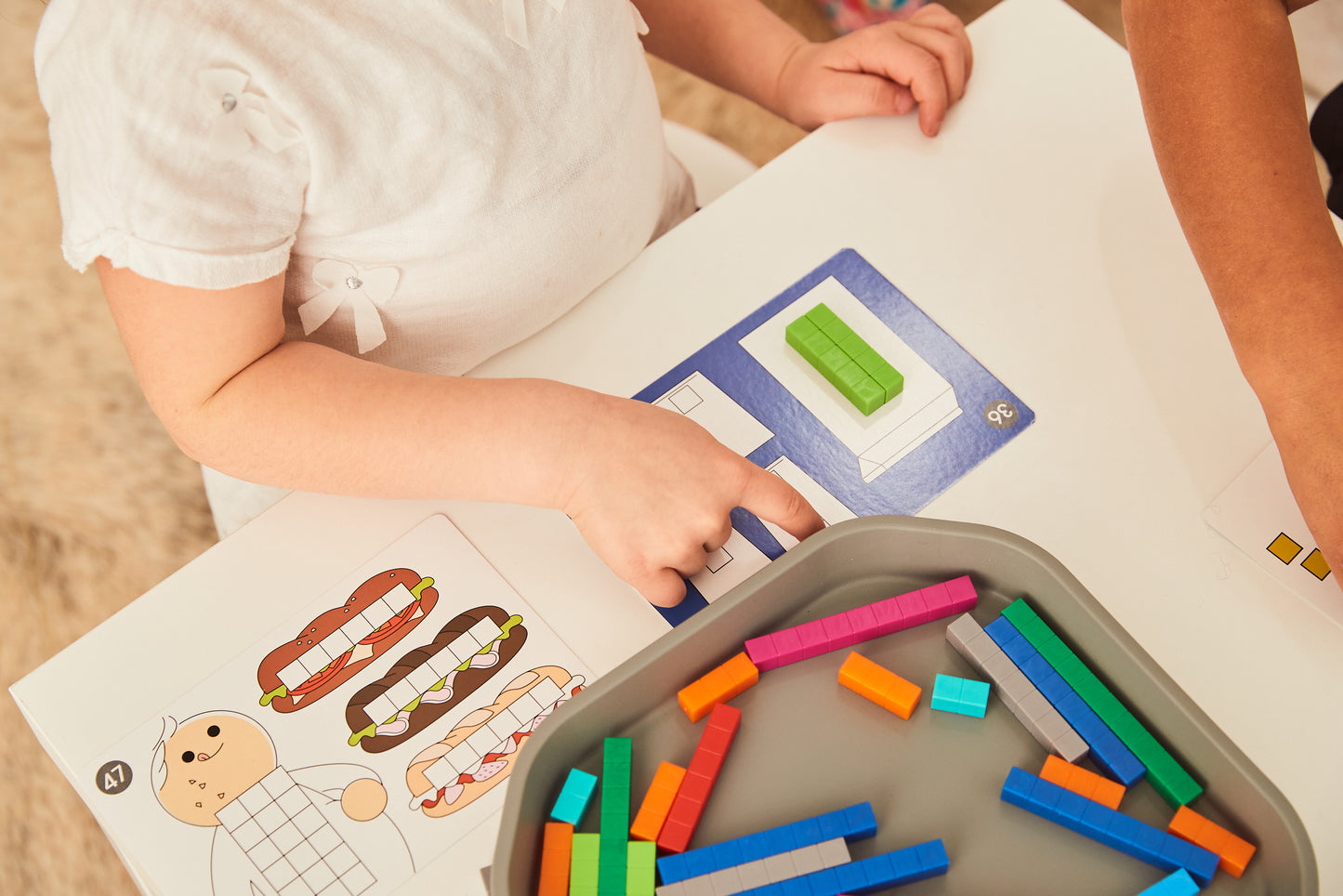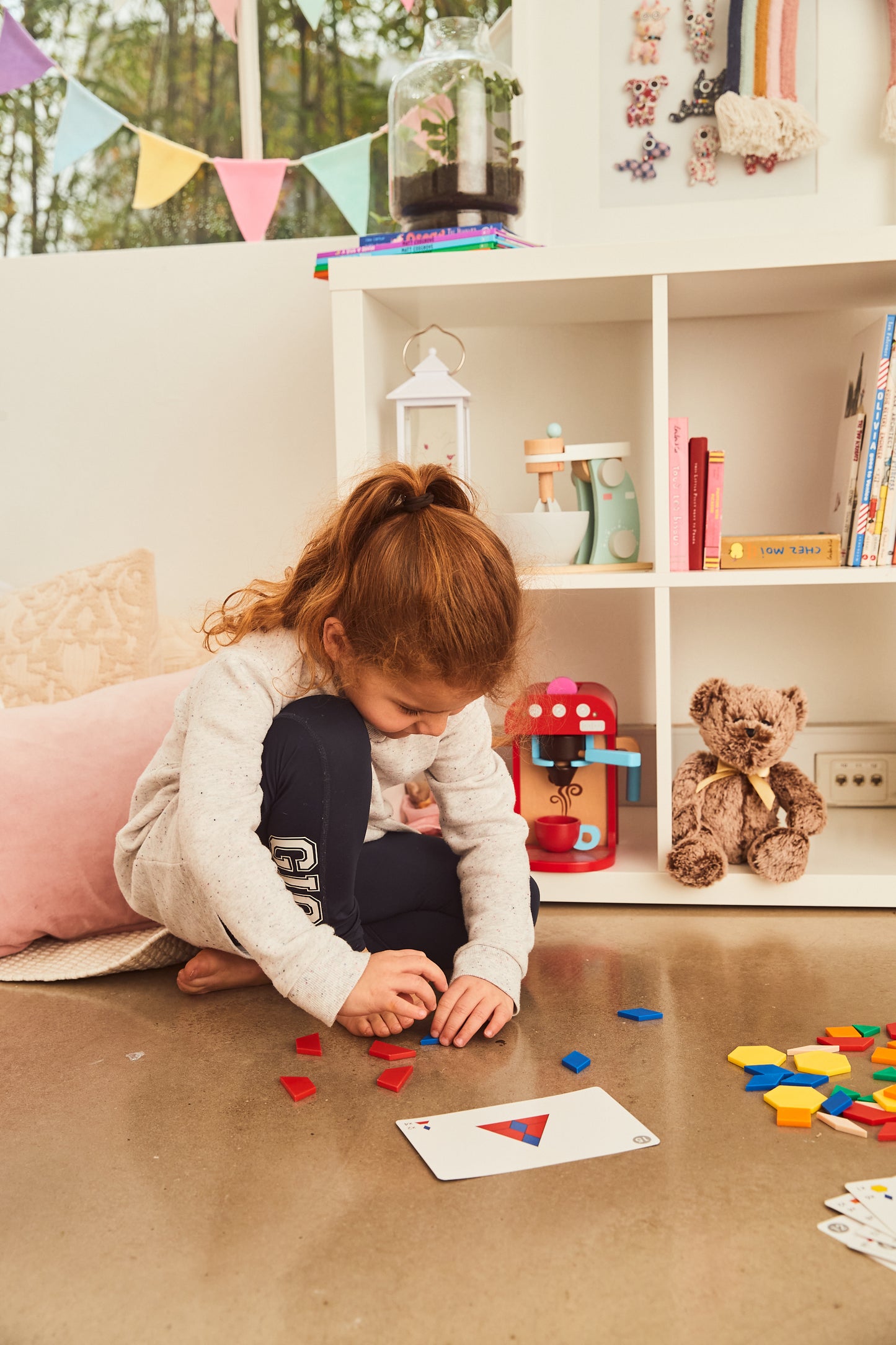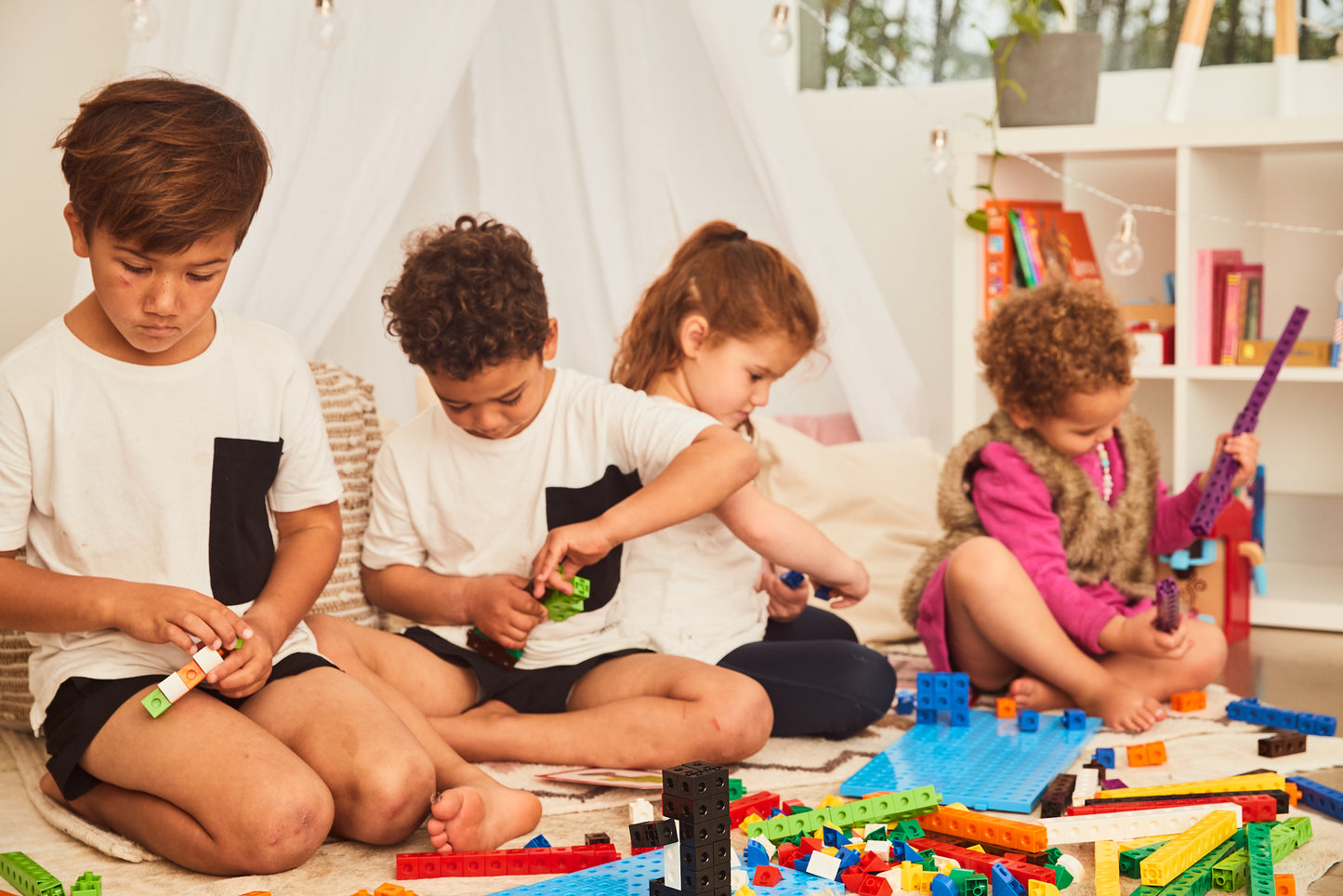The best opportunities for our children to learn and grow, particularly during those crucial early years. Between the ages of 0-6, children are in a unique stage of development where they are absorbing everything around them. It’s during this time that introducing essential skills, like maths, numbers, letters, and reading, can lay the foundation for lifelong learning. But how do we do that in a way that keeps them engaged, happy, and inspired? The answer lies in play-based learning.
We all want our children to thrive and develop a love for learning. With the increasing emphasis on play-based learning, it's important to explore resources that foster creativity, critical thinking, and mathematical skills in a fun and engaging way.
As parents and caregivers, we often seek the best ways to nurture our children’s growth and development. One of the most effective methods is through play, especially with open-ended toys that inspire creativity and imagination. At Edx Education, we firmly believe that fostering a love for learning starts with the right play experiences. Today, we’ll explore the benefits of creative play using some of our favourite open-ended toys: the Rainbow Pebbles® art set, the MyGears® range, and our versatile Linking and Math Cubes sets.
We often seek the best ways to nurture our children’s early development. One of the most effective methods is through...
We’re always on the lookout for engaging ways to support our children’s development. At Edx Education, we believe in the power of play-based learning to foster curiosity and build foundational skills. One of our favourite tools for encouraging this kind of learning is pentominoes.
From the moment a child picks up a toy or engages in imaginative play, they’re embarking on a learning journey. Play isn’t just a way to pass the time; it’s a crucial part of how young children learn and develop essential skills. Through play, children explore their environment, solve problems, and learn to navigate social interactions.
We’re always looking for engaging ways to support our young children’s development. When it comes to early mathematics, play-based learning offers a fun and effective approach. At Edx Education, we believe that incorporating educational toys and activities into your child’s playtime can lay a strong foundation for their
As summer winds down and the excitement of a new school year approaches, many parents and caregivers in the UK are beginning to think about how to ease their young children back into the school routine. At Edx Education, we believe that preparing for school goes beyond the basics of buying uniforms and school supplies.









